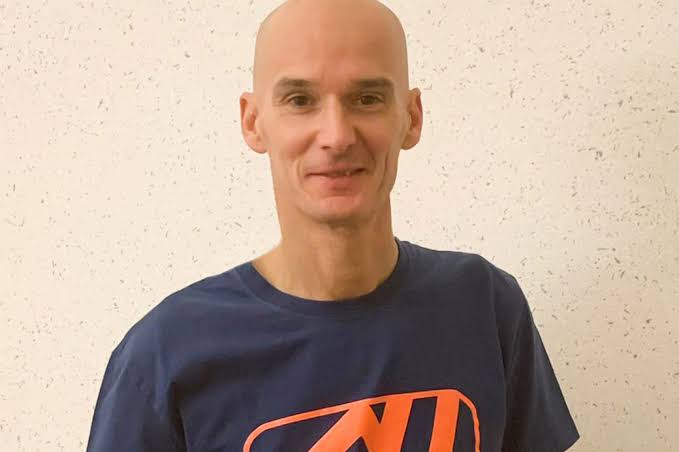
From Coma to Courage: Stefan Everts’ Remarkable Fight Against Malaria
Stefan Everts, a ten-time motocross world champion, faced a life-threatening battle with malaria in late 2018. After participating in a charity event in the Democratic Republic of Congo, he contracted the disease, leading to a critical health crisis. Everts was admitted to the intensive care unit at UZ Leuven in Belgium, where he was placed in an induced coma for two weeks. Upon awakening, he learned that he had survived a severe malaria infection, with 25% of his blood affected—a remarkably high and typically fatal percentage.

‘I don’t ask myself questions like ‘why me?’ I try to make the best of it.’
What if he had gone to the hospital sooner? Everts, laconically: “And if my aunt had balls, she would be my uncle. Questions like ‘why me?’, I don’t ask myself. I try to make the best of it. What are six months of rehabilitation in a whole human life? In the rehabilitation center in Pellenberg I have seen people without legs, fingers and feet, people who are completely paralyzed and can’t do anything anymore. Much worse cases than me.”
On December 17, the redeeming message came that Everts’ medical condition was no longer critical. He had been in a coma for two weeks. It is a blind spot for the Limburger. He hardly remembers anything of his transfer from the emergency department in Hasselt to the High Intensive Care Unit in Gasthuisberg in Leuven, when it turned out that he had 25 percent malaria in his blood. “I am the first to survive such a high percentage. That was the first thing the doctor told me when I regained consciousness. That was quite a shock.”
Reflecting on his ordeal, Everts maintained a pragmatic outlook, stating, “I don’t ask myself questions like ‘why me?’ I try to make the best of it.” He emphasized the importance of perspective, noting that during his rehabilitation at Pellenberg, he encountered individuals facing more severe disabilities, which reinforced his determination to recover.
Everts’ recovery journey was arduous. The malaria infection led to complications, including reduced blood circulation to his extremities. This resulted in the loss of eight toes, significantly impacting his mobility. Despite these challenges, Everts demonstrated resilience and a positive attitude, focusing on his rehabilitation and expressing gratitude for his survival.
Throughout his recovery, Everts received an outpouring of support from the motocross community and beyond. This encouragement, coupled with his inner strength, played a crucial role in his rehabilitation process. By mid-2019, he had made significant progress, regaining the ability to walk and resuming involvement in motocross activities, albeit in a non-competitive capacity.
Everts’ experience underscores the severity of malaria and the importance of prompt medical attention. His story serves as both a cautionary tale about the risks associated with the disease and an inspiring testament to human resilience in the face of life-altering challenges.
You may also like
Archives
Categories
- 49ers
- Acting
- Afl
- Album
- American football
- Arsenal
- Band
- Baseball
- Basketball
- Biography
- Boston Celtics
- Concert
- Cycling
- Dallas cowboys
- Dallas mavericks
- Ducati MotoGP
- Entertainment
- F1
- Fashion
- Football
- Green bay packers
- Handball
- Hockey
- Liverpool
- MLB
- More Sport
- Motocross
- MotoGp
- NBA
- Netflix Documentary
- NFL
- NRL
- Olympics
- Penrith panthers
- Race
- Real Madrid
- Real Madrid
- Tennis
- Texas rangers
- Tottenham
- Tour
- Uncategorized
- WNBA
- Wwe
Leave a Reply